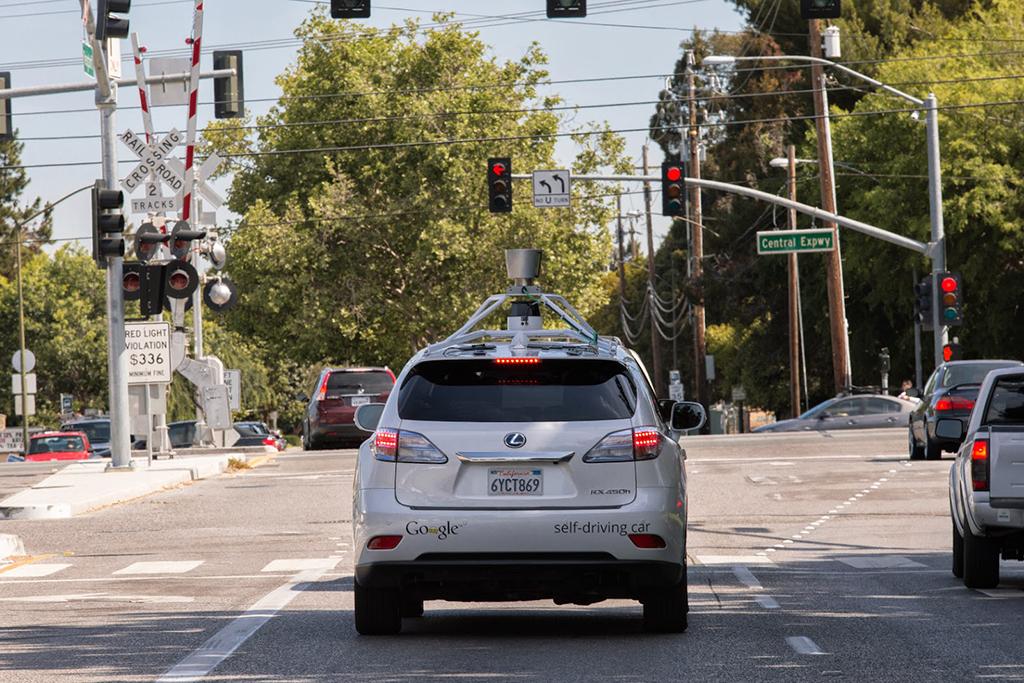
CARS.COM — Incorporating some types of autonomous vehicles into the existing federal regulatory framework will be relatively simple, while other types could be much trickier. That's according to a new report from the U.S. Department of Transportation identifying key obstacles to the full deployment of driverless cars in an increasingly less-distant future.
Related: Americans Still Fear Driverless Cars, Even as They Use Autonomous Tech
The report, which was produced by the DOT's Volpe National Transportation Systems Center, finds that the more conventional the car design, the more seamless the transition will be in terms of promoting safety through federal rules and regulations. For example, autonomous vehicles with conventional mechanisms that allow for human control (gas pedal, brakes, steering wheel, etc.) pose few regulatory hurdles; fully autonomous cars with no mechanisms allowing humans to seize control of the vehicle, however, will be more complicated to regulate.
The report is part of a broader effort by federal authorities to establish guidelines for manufacturers that clearly outline how driverless cars need to function to ensure safety on U.S. roads. National Highway Traffic Safety Administration head Mark Rosekind called the report a "great first look" at the issue.
"It also shows there are few current restrictions on some automated vehicle concepts, which highlights the need to establish clear expectations for their safe operation," Rosekind said. "At the same time, for other vehicle designs, the agency has more work to do to ensure the safety of new innovations, and we look forward to learning more from stakeholders as we start that work."
That learning process will include two public forums next month at which federal officials will gather input from citizens on the driverless-car safety. The first will be April 8 at DOT headquarters in Washington, D.C., and the second at a still-unannounced date and location in California.
During the next six months NHTSA will develop operational guidelines for automakers that federal regulators hope will establish standards without impeding future safety innovations, NHTSA spokesman Gordon Trowbridge said today on a conference call. Trowbridge said safety officials also are working to determine what new powers they may require to ensure a unified national framework versus "patchwork" regulations for driverless cars.
In January, DOT Secretary Anthony Foxx announced a number of NHTSA initiatives pertaining to autonomous vehicles, including President Barack Obama's proposal for a 10-year, $3.9 billion investment in driverless technologies. Part of this proposal was a $200 million allotment for NHTSA initiatives in 2017, including the large-scale deployment of autonomous vehicle fleets in communities in testing similar to a pilot program recently conducted in Ann Arbor, Mich.
No comments:
Post a Comment